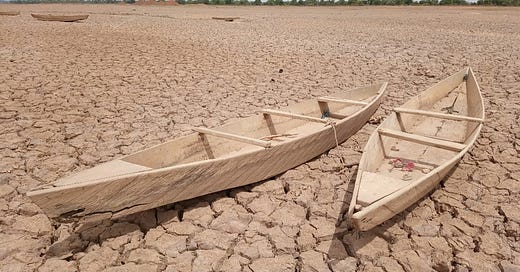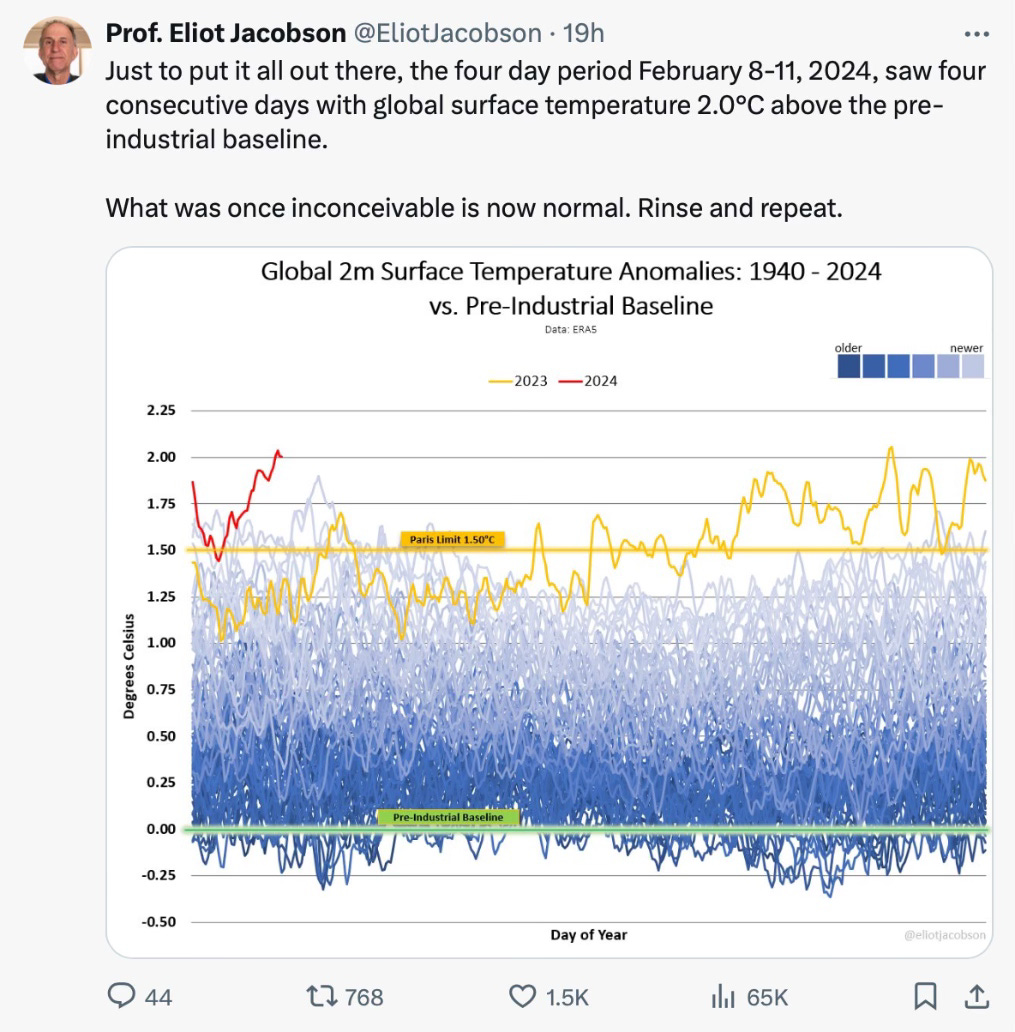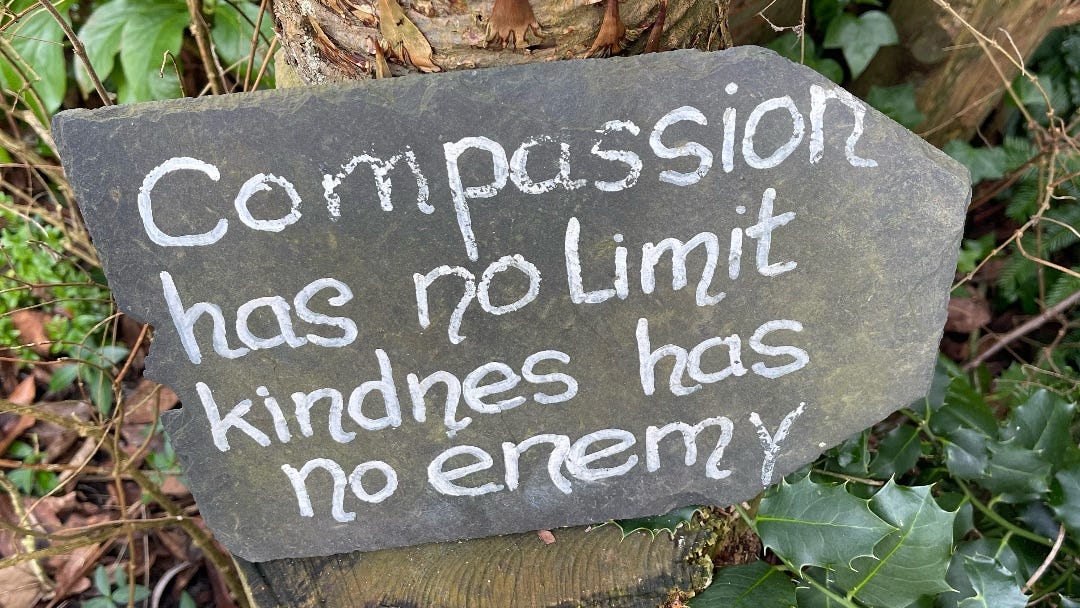When heat records are broken worldwide at record speed, you would expect leaders around the globe to be alarmed and take drastic measures. However, they don’t. Nor does the media seem particularly alarmed, except for a few leading quality newspapers like The Guardian that warned the world this weekend that February is on course to break an unprecedented number of heat records.
Shocking climate data and examples of extreme weather are reported from all over the world, for instance, in Morocco where, in the first half of February, twelve weather stations registered over 33.9 Celsius, which is more than 5 degrees Celsius above average for July.
The Mediterranean warms faster than most other areas in the world, and that is, for instance, also noticeable a bit further north of Morocco, where Spain experiences three years of minimal amounts of rain in combination with record-high temperatures. This combination explains why Catalonia declared a drought emergency last week. Officials stated that the reservoirs that provide water for Barcelona are now record-breaking empty and below 16 percent of their capacity.
Have a look at this graph from Professor Eliot Jacobson. It shows that the global surface temperatures have been rising since 1940. But the yellow line that represents the data of 2023 escapes the pack of other sequences around May last year and now sprints ahead as the red line into unknown territory, recently breaching the two degrees Celsius warming above the pre-industrial baseline for four days.
Last November, this happened for the first time, but then just for two days. As so often before, we quickly get used to bad news, so these four days get hardly any attention in the media and zero attention from politicians.
I’m not claiming that these politicians have nothing else to worry about in times of massive violations of human rights, sudden death syndrome, populists on the rise worldwide, and American politics entering unknown territory, not unlike that red line gone away in the graph. But there will always be other urgent and important issues that need simultaneous attention.
Consistently ignoring the climate crisis because it’s never seen as more urgent tomorrow than today will make the challenge each day harder to solve than yesterday.
Worse: the unsolved climate crisis will worsen other problems as well.
In short, the climate crisis feeds the water and food crises, while each contributes to further destabilizing global peace and security.
These aspects of Planetary Security were discussed last week at the UN Security Council high-level open debate on the impact of climate change and food insecurity on maintaining international peace and security.
UN Secretary-General António Guterres summarized his view as “Empty bellies fuel unrest” and added that climate disasters and conflict both inflame inequalities, imperil livelihoods, and force people from their homes. That can strain relations, stoke mistrust, and sow discontent. Meanwhile, diminished resources and mass displacement can intensify competition.
Conflict can easily be sparked where tensions are high, institutions are weak, and people are marginalized. And women and girls pay the highest price. Just as they do when food is short, and climate disasters hit.
At the same time, climate and conflict are two leading drivers of our global food crisis. Guterres said: “Where wars rage, hunger reigns.”
He proposed several measures to break these deadly links between conflict, climate, and food insecurity. One of these aims to target the points at which food insecurity, climate, and conflict meet. This can be done by creating partnerships, policies, and programs that address these issues together, for example, by considering climate risk and food security in peacebuilding or investing in adaptation programs that support communities in managing shared resources.
I write this newsletter because I believe we can do better on this beautiful but fragile planet if we work together.
You can subscribe for free to receive this newsletter in your email, but please consider supporting this initiative by paying for a subscription. The paying subscribers make it possible for those who can't afford it to read for free.
Charles of Orléans and the Origins of Valentine's Day
It's doubtful whether Charles of Orléans felt particularly love-struck amid the tumultuous events of the fifteenth century when he penned the earliest known Valentine's Day poem. However, the influence of his novelty would contribute…
Finding Beauty in Kindness: A Reflection on Compassion
When I opened the curtains this morning, I enjoyed the sight of the sun casting its warm glow on the sleepy streets of my village. Silhouetted against the vibrant backdrop of the dawn sky, unremarkable rooftops that I had never given particular attention to suddenly became essential in framing the daybreak's warmth and soft light.
Notes:
https://www.inkl.com/a/YBZlLoCVRab
https://www.inkl.com/a/xrQjLlFbdZE
https://x.com/EliotJacobson/status/1759026794752303322?s=20










"One of these aims to target the points at which food insecurity, climate, and conflict meet. This can be done by creating partnerships, policies, and programs that address these issues together, for example, by considering climate risk and food security in peacebuilding or investing in adaptation programs that support communities in managing shared resources."
When we as individuals feel helpless, this is a way we can help. Contribute to those agencies doing the difficult work. Thank you, Alexander 🌻
Thank you for giving climate the attention it requires as it is rare indeed in these very troubled times in the USA 🇺🇸 as we struggle to shake off the dictator Putin’s involvement in our affairs by Proxy with idiots like Trump and former media personalities like Tucker Carlson. Our news this week has finally been out-trumped by the assassination of ALEXEI NAVALNY demonstrating clearly what will happen to our young nation should the narcissistic sociopath regain power in election 2024 should we even get to that point with Russian nuclear satellites 📡 capable of deploying a surge of electromagnetic power that could take down our entire infrastructure during the election or before. 💔💔💔